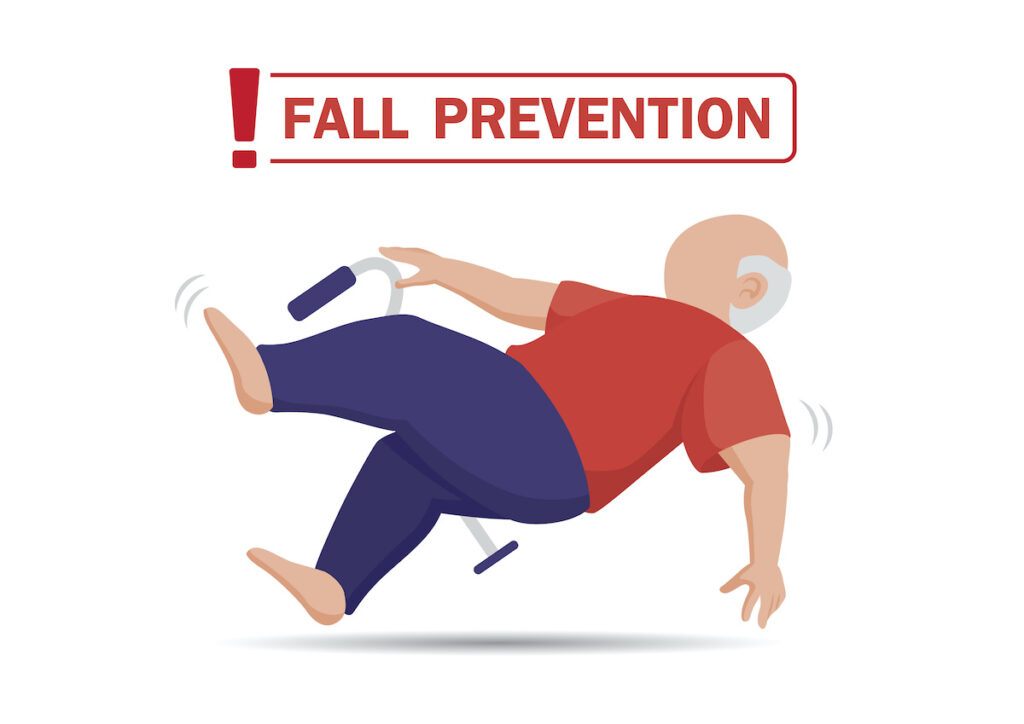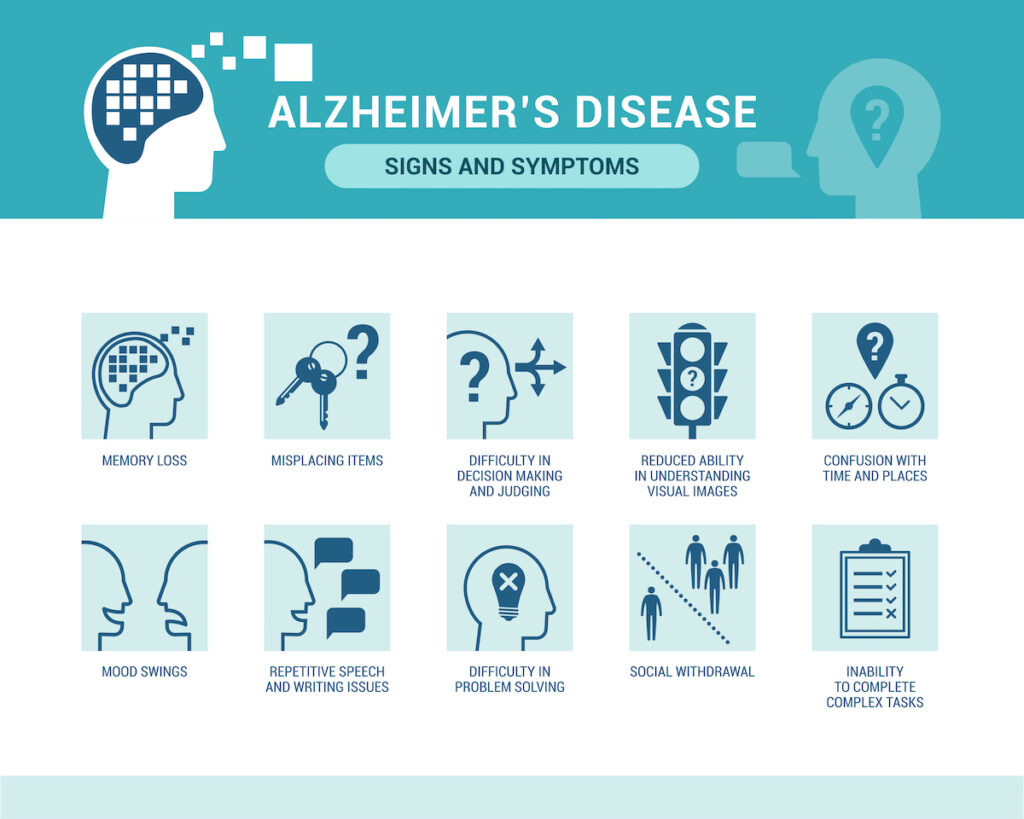The Essential Role of an Elder Law Estate Planning Attorney In this blog post, we discuss estate planning 2025. As we age, planning for the future becomes increasingly important. An elder Law estate planning attorney can help you navigate the complexities of estate planning and elder law.
Author Archives: Walnut Creek Elder Law
This time of year, can likewise create stress for your loved one whose anxiety levels seem to mirror your own. Unlike yourself, however, the dementia affects your loved one’s ability to express himself or herself clearly. Simple changes in routine can cause unexpected anxiety which increases with the inability to verbalize what they are feeling.
The late stages of Parkinson’s disease are marked by a significant decline in physical and cognitive function. Patients may become severely limited in their mobility, requiring assistance with daily activities. Communication can also become impaired, making it difficult to express thoughts and needs. Additionally, the risk of complications, such as falls and pneumonia, increases significantly.
It’s important to note that there are costs associated with in-home care. These costs can be covered through personal funds, traditional long-term care insurance, or newer long-term care financial products. However, it’s crucial to assess whether your needs can be safely met at home with the available support system and financial resources.
If a doctor diagnoses you or a loved one with Alzheimer’s Disease, act quickly. As the disease progresses, it will become increasingly difficult for your loved one to make decisions and manage complex affairs.
Reverse Mortgages: A reverse mortgage can provide access to cash from your home equity, which can be used to help cover long-term care costs. However, it’s important to understand the potential risks and limitations associated with reverse mortgages.
When a spouse is the primary caregiver for a person with dementia, the strain on the relationship can be particularly intense. It’s common for the well spouse to experience burnout and health problems. It’s essential for both spouses to discuss their needs and expectations and to seek help from family, friends, or professional caregivers.
As we age, our health and independence may decline, necessitating various levels of care. This could range from in-home assistance to assisted living or nursing home care. These care options come with significant financial implications. Without a clear understanding of an individual’s financial situation, loved ones may find themselves in a stressful and overwhelming position when making critical decisions about care.
Living alone can be isolating for older adults, and this isolation can contribute to a decline in physical and mental health. A lack of social interaction can lead to decreased mobility, reduced balance, and a higher risk of falls. Additionally, without someone to assist with daily tasks like cooking and cleaning, the risk of accidents increases. A fall in an empty home can have devastating consequences. So, how can you pursue fall prevention techniques?
The prevalence of dementia increases significantly with age. While exact numbers vary by region and study, it’s estimated that around 50% of people aged 85 and older have dementia.










